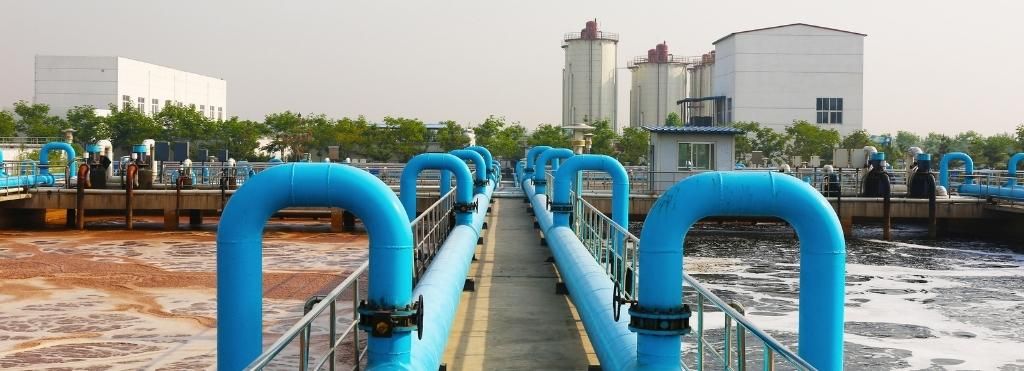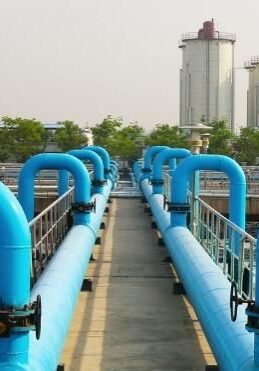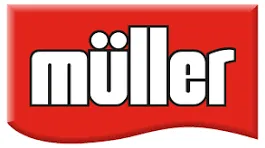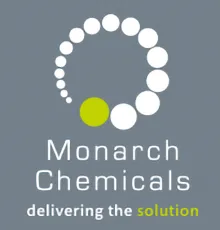What is industrial effluent?

Effluent treatment plants are a must-have for businesses, but what do we mean by "industrial effluent"? Let's take a look…

Effluent treatment plants are a must-have for businesses, but what do we mean by “industrial effluent”? Let’s take a look…
How is industrial effluent different to domestic waste?
Industrial effluent is produced and discharged by industrial or commercial premises, whereas domestic waste comes from kitchens or toilets, surface water or domestic sewage. It can also be referred to as “wastewater” or “trade effluent”.
One of its key characteristics is that it often contains a mixture of different and very toxic substances. As a result, it must be treated before it is discharged.
Why does it have to be treated?
Due to the substances it contains, industrial effluent is one of the major sources of pollutants in aquatic ecosystems. Indeed, if these substances exceed certain levels they can cause long term damage to these ecosystems and to humans.
The discharge of industrial effluent therefore must comply with stringent regulatory requirements and guidelines, in which certain chemicals should not exceed a given concentration.
Read more about the dangers of untreated industrial wastewater.
What chemicals are in industrial effluent?
This depends on the business producing it, as different industries produce different wastewater.
For example, organic pollutants such as pesticides, fertilizers and hydrocarbons are produced by food and petrochemical industries, whilst the wastewater from the electroplating, electronic and chemical industries often contains highly toxic metals.
Finding the right treatment plant
The nature of the effluent your business produces will determine which processes are required to treat it.
With over 30 years in the wastewater industry, Aqua Advice offers free laboratory tests to ascertain the correct chemistry and processing conditions. We offer a comprehensive range of effluent treatment plants from upgrades of your existing facilities to complete turnkey projects.
Looking for solutions to your wastewater treatment? We can help, get in touch to find out more.
Topics

Let's talk...
Contact Aqua Advice today to arrange a free consultation and discover how we can help you find the perfect industrial wastewater solutions for your business.
CLIENTS INCLUDE












